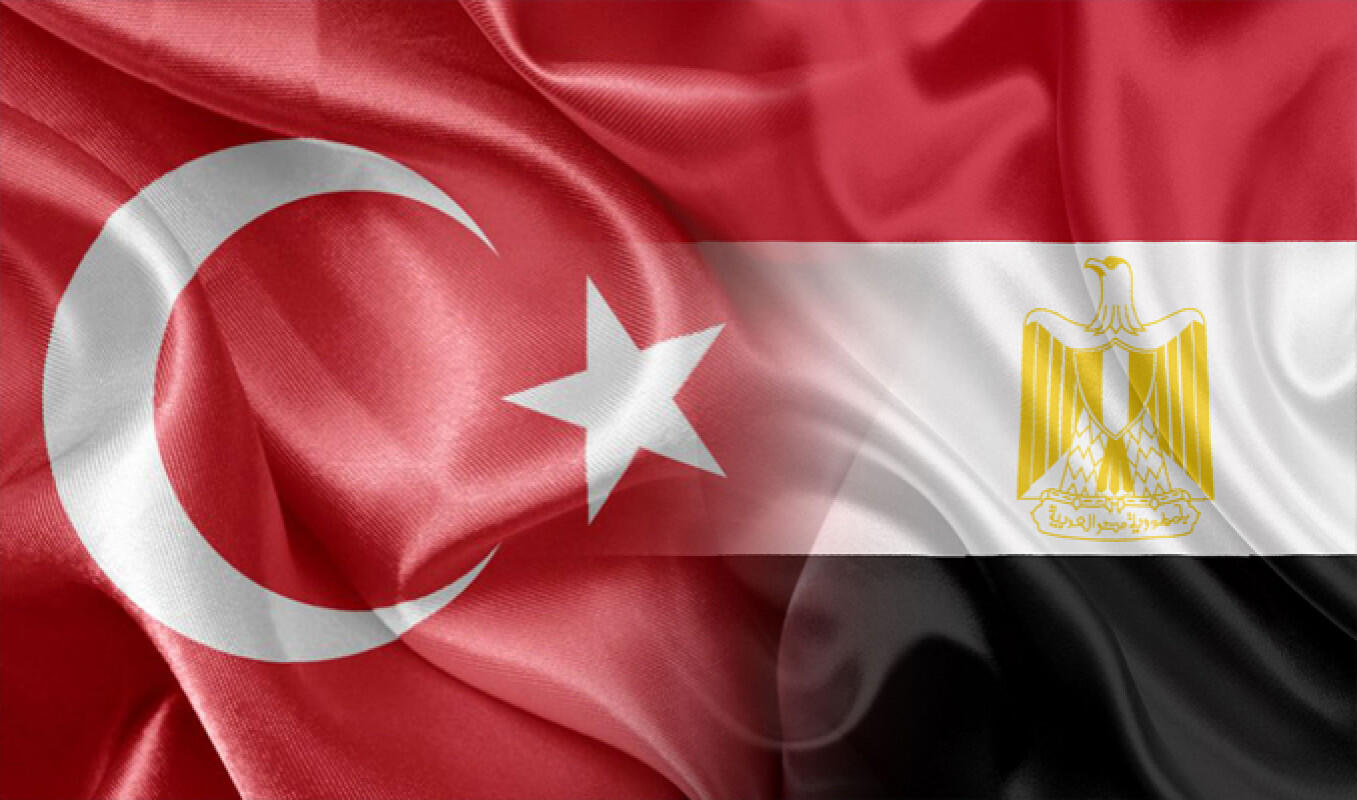Türkiye and Egypt are improving bilateral relations, President Recep Tayyip Erdoğan said during his counterpart Abdel Fattah al-Sisi's landmark visit to Ankara on Sept. 4.
“We are continuously strengthening our deep-rooted relations between our countries,” Erdoğan said during a joint press conference in the Turkish capital.
Al-Sisi was greeted personally by Erdoğan at Esenboğa Airport. The two leaders traveled together to the presidential complex for a formal welcoming ceremony, followed by a private meeting.
The ongoing war in Gaza was expected to dominate the discussions as the talks will focus on joint efforts to halt Israeli military actions in Gaza and establish a ceasefire.
Additionally, the leaders were set to address other regional issues.
Erdoğan underscored the "shared stance" of Türkiye and Egypt on the Palestinian issue.
“The cessation of attacks and a permanent ceasefire continue to be our priority... We have done and are doing everything we can to increase pressure on the Israeli government," he said.
Erdoğan also criticized countries he said are complicit in Israeli actions by supporting Prime Minister Benjamin Netanyahu’s government.
In response, al-Sisi thanked Erdoğan and Turkish officials for their hospitality and expressed hope for progress in the bilateral ties.
The visit, described by local and global media as a "turning point," comes after years of strained relations and is seen as a signal of a potential new era of cooperation between Türkiye and Egypt.
Al-Sisi's visit follows Erdoğan's trip to Cairo in February, the first of its kind since 2012 where the two nations elevated their relationship to the level of “strategic cooperation."
Both leaders described the visit as the beginning of a “new term” in bilateral ties, which had been strained since the ouster of Egypt's Mohammed Morsi-led government in 2013.
A high-level strategic cooperation council meeting was also held during al-Sisi's visit, where the two leaders oversaw the signing of 17 agreements across various sectors, including education, infrastructure, aviation, transportation, health, energy and environment.
Economic relations were to be a significant part of the agenda, with discussions aimed at increasing mutual investments and trade.
The target is to boost trade volume between the nations from the current $10 billion to $15 billion.
hurriyetdailynews.com
 TUrkey Egypt
TUrkey Egypt
 TUrkey Egypt
TUrkey Egypt